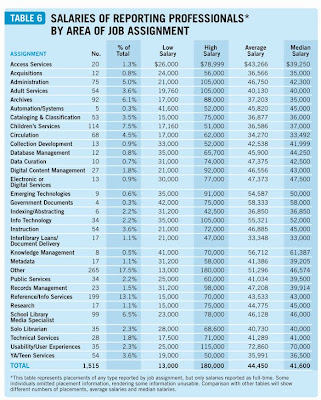Many moons ago, when I was in a political science PhD program, a group of us critiqued each other's prospecti. A colleague proposed a study of presidential nominations for positions to be approved ("advise and consent") by the Senate, which would confirm. I argued that presidential nominations already took into account the likelihood of a successful confirmation, so the real story was in the why and the how of whom the president chose in the first place, not in the actual nomination. Granted, a president could nominate someone with no chance of confirmation and then propose a second solution, not unlike a child asking for a pony and "settling" for a video game system, but I find that unlikely given the political capital one would put at risk. The initial choice is what matters, and here it was going unexamined.
R. David Lankes' Massively Open Online Course (MOOC) on "
new librarianship" suffers from a similar problem. First, I am asked to assume Conversation Theory, a worldview that supposes that knowledge comes from conversations and dialogues, be they internal or external. This, too, goes unexamined. Why chose this worldview, what are its strengths, its weaknesses? What is being revealed, and what is being obscured by using this worldview? Who benefits from it?
The outcome of every conflict is determined by the extent to which the audience becomes involved in it. That is, the outcome of all conflict is determined by the scope of its contagion.
- E.E. Schattschneider
Lankes want to have this conversation. In doing so, he's attempting to determine the scope of the debate, via their audience (of which I am a part).*
In this MOOC, I am already forced to agree with things that I don't, or things that I may not, but haven't had the time to properly examine. Take, for example, Lankes' mission statement for librarians, which doubles as the answer to a multiple choice question in a testing module.
"The mission of librarians is to improve society through facilitating knowledge creation in their communities."
- R. David Lankes
In a testing module, participants are asked what the mission of librarians is. The answer you are supposed to give, whether you agree with it or not, is above. I find this problematic.
Second, in this course, Lankes takes for granted that there's some intersubjective, agreed-upon "improvement" for a given society, and in doing so, reifies the community itself, ignoring the very real battles that take place therein.
Discussions over the values and philosophy of librarianship won't take place via just this course. Rather, a larger discussion of a philosophy of librarianship will take place in a world in which not every, and indeed not most, librarians are in it, or participating in the
#newlib twitter back channel. We have societies, communities, to answer to, and to discuss with. There are many roads to Damascus. Librarianship is multifinal, from a path, from a philosophy, there are many potential outcomes, some of which I may like, others I may not. Alternatively, assuming a worldview may limit these options and may impose path dependence rather than healthy experimentation, and may create a situation in which some strategies and tactics are more equal than others.** Having talked to Lankes, I know that alternative theories and worldviews will be discussed later.
Conversation and dialogue are not the only sources of knowledge. I say this as someone with only a tenuous connection to positivism and objectivity. Yes, there is an objective reality full of true facts out there, but for the most part I think that reality is mediated by ideational, ideological, historical, and social constructs. This explains why we fear the Democratic Peoples Republic of Korea's nuclear stockpile, but not that of Great Britain. "Ideas, most of the way down," if you prefer.
For me, the real success of week one of the course is the excitement with which I see people approaching librarianship, and discussing their worldviews. That is, to me, a worthy goal in and of itself. Let's see where this excitement takes us.
* If the off-set quotes and subsequent line looks familiar, it's because of
this.
** In which I rework what I wrote in the above link, beginning at "Discussion."

















